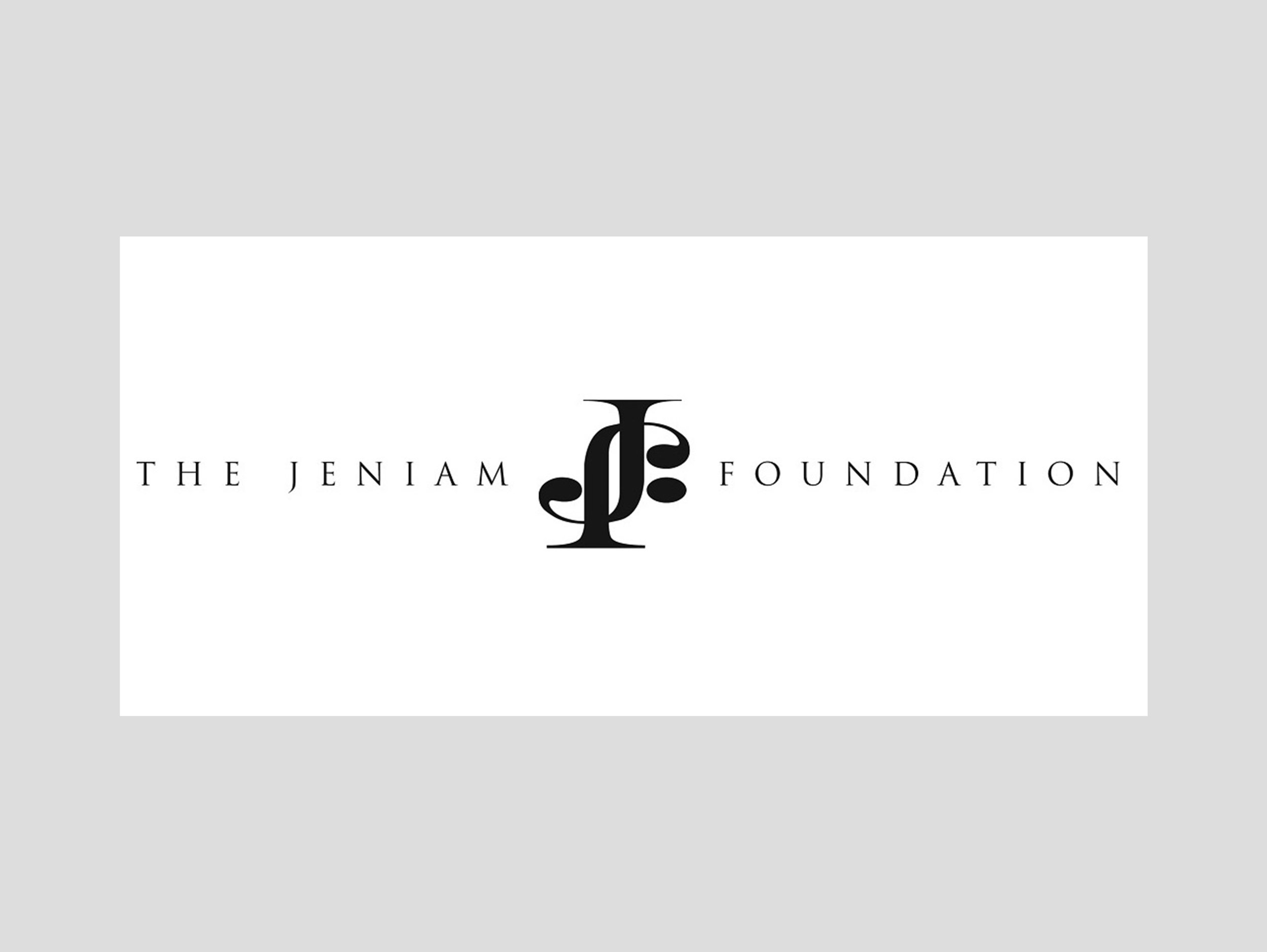OUR WORK | EDUCATIONAL MATERIALS | ANNUAL GALA | SUPPORT US | CONTACT US
Educational Materials
CCFE conducts environmental education for a broad range of stakeholders including school children, the general public and important government decision makers. Using direct community outreach, web-based outreach, community presentations, public service announcements, educational materials, and more, CCFE provides the public with information on priority environmental issues. CCFE also develops white papers and fact sheets that target key government decision makers in order to provide them with sound scientific information that will inform sound policies.
Resources
Green Infrastructure
CCFE works with planners, municipal officials, developers, and businesses to identify strategies for decreasing stormwater pollution and promoting green infrastructure. Recently, CCFE teamed up with National Wildlife Federation to develop a green infrastructure guidance document for Long Island Sound communities in Suffolk County.
Hydrofracking
CCFE works to educate residents and policy makers about the potential dangers of hydrofracking for natural gas and conduct research on how drilling could affect New York's air, land, water, and people.
Hudson River Protection
In Rockland County, a Hudson River desalination plant was proposed which would degrade water quality and harm local fisheries. CCFE worked to identify water conservation and sustainable alternatives to the unnecessary desalination plant.
Long Island Drinking Water Protection
Long Island is a sole-source aquifer, meaning that 100% of drinking water comes from underground. Educating residents on the importance of groundwater and the various threats to drinking water supplies is critical to ensuring adequate water resources for the future.
Protect Long Island Drinking Water - Properly Dispose of Household Hazardous Waste (HHW)
Protect Long Island Drinking Water - Prevent Improper Disposal of Pharmaceuticals
Protect Long Island Drinking Water – Ban Top 3 Harmful Pesticides
Protect Long Island Drinking Water – Understanding Long Island Hydrogeology
Pharmaceutical Contaminants
CCFE works to educate both health care institutions and residents on the dangers of flushing unused medication and promote better, safer disposal alternatives.
Plastic Bag Pollution
In Long Island and the Hudson Valley, CCFE educates residents and businesses on reducing disposable bag use and promoting BYOB (Bring Your Own Bag) behavior.
Recycling
Recycling saves taxpayers dollars, conserves natural resources, and helps to protect the environment. CCFE works to educate the public, local governments, and policy makers about the importance of effective recycling programs.
Sewage Pollution
Sewage infrastructure in both New York and Connecticut is old and failing. CCFE informs the public of the health and environmental dangers when wastewater infrastructure fails and documents sewage treatment plants that need improvement.












